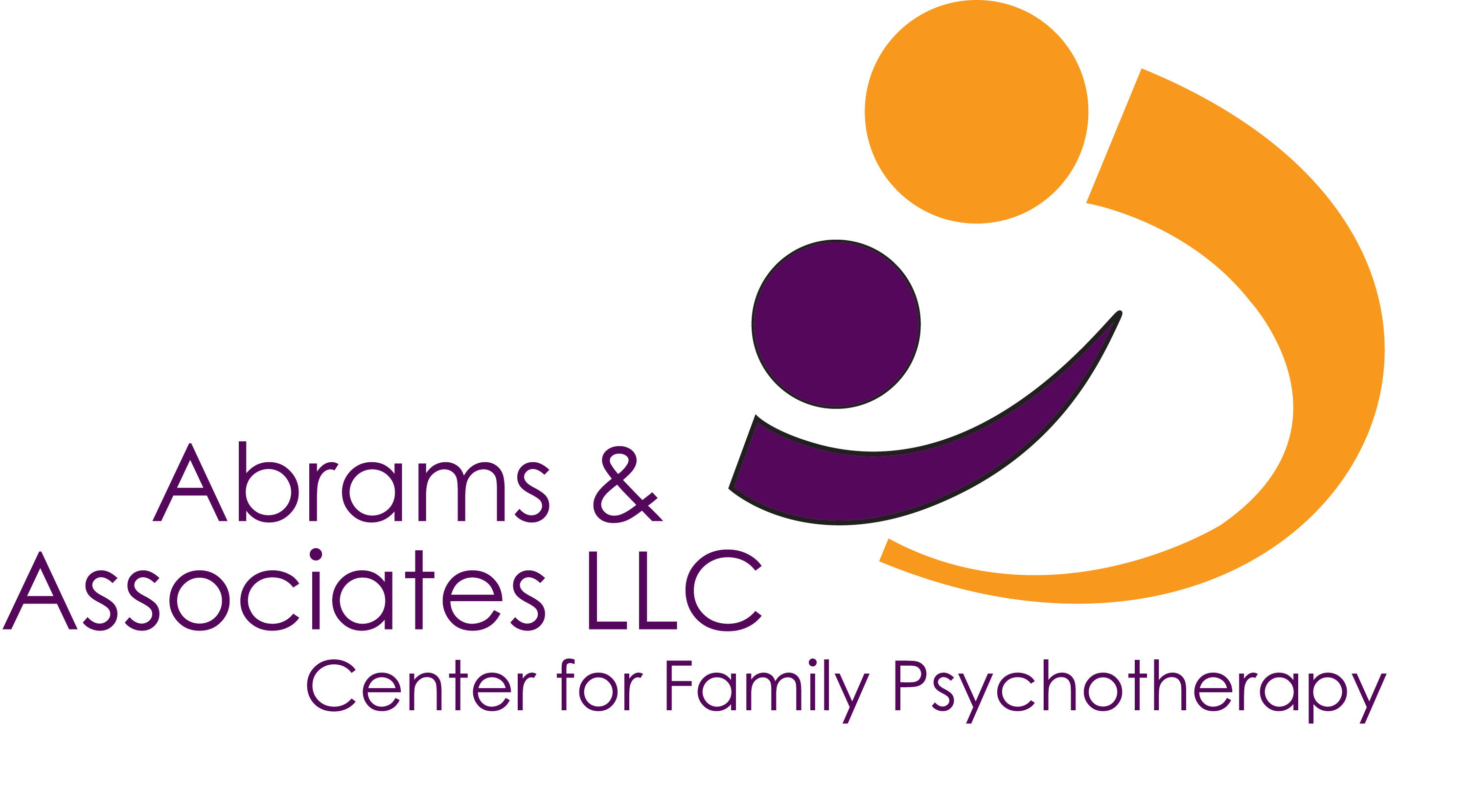Groups
All groups require an initial one-hour individual intake interview with the group therapist. Group typically meets weekly through the school year for 60-75 minutes. Keep reading for more information about our groups, or click on the links for info about specific types of groups.
Mindfulness for Upper Elementary or Middle Schoolers
This is a time-limited and skills based group that draws heavily from the mindfulness-based stress reduction (MBSR) approach. Mindfulness is the act of intentionally attending to one’s present moment-to-moment experiences in a open and nonjudgmental way. Through mindfulness strategies, one is able to calm the mind, and be less reactive and more purposeful in their responses. Mindfulness techniques have been heavily studied in the literature and have been found to have many benefits including reduced anxiety and stress, increased sense of control and self-efficacy, a reduction in anger/hostility and better reported sleep.
The goal of this group is to teach upper elementary children or young adolescents how to better manage stress and anxiety and engage in more focused and intentional behavior through the use of empirically supported mindfulness techniques. Examples of the types of exercises include Body Scan, Mindful Stopping and Mindful Homework/Test Taking.
To get more information or to schedule an intake appointment, please call our Intake Coordinator at 301.949.2098, ext 1, or email to: intake@abramsandassociates.com
Parenting with Confidence for Mothers
For moms who are parenting children who may be hypersensitive, oppositional and/or who have been diagnosed with SID, ODD, ADHD and/or PDD.
Gain perspective and insight along with greater skill for your specific parenting challenges. An individualized and affordable approach to help mothers find greater clarity and balance as they face a myriad of challenges and potential overwhelm working with the challenging child.
Supportive, didactic and experiential, this group includes practicing new tools at home in order to effect positive change. Learn to think in terms of nature-nurture so you can cultivate a parenting approach that is most suitable to your child’s temperament. Learn to “hit the pause button” and “go down instead of up” so you are less drained and more prepared, energized and confident. Utilizing parent-child scenarios in order to practice parenting with less reactivity, guilt and inconsistency.
Young Women’s Group
Weekly group meetings for young women, ages 18-22. Emphasis of group is on self-development, individuation, social relationship skills, money management, assertiveness and emotional resourcefulness. This is a process oriented talk therapy group.
In this group we are helping young women to gain independent life skills in order to become more self-sufficient and more confident as they learn to take risks and grow into adulthood.
Teen Girls Groups
Ages 13-17
Teen girls groups serve to empower and strengthen teens as they manage academic and social challenges. Techniques include guided insight, peer sharing and feedback and social-self appraisal exercises to help girls build confidence and interpersonal competence.
- Cognitive processing and experiential tools are integrated into sessions while girls learn social-emotional coping skills.
- Participants must be approved by the group facilitator for participation.
- Only one participant per school is allowed in a group.
- Group meets weekly for 60-75 minutes, allowing for school breaks and vacations.
- Commitment for school year required after Initial Intake interview and two trial sessions.
- Former or current individual therapy often required at least every other week while attending group.
- Two absences allowed per school year (no charge).
- Participants agree not to initiate friendships outside of group.
- There will be no social media contact or discussions outside of group at any time. (What is said in group stays in group. Sessions are confidential.)
- Parents of participants will meet with the facilitator at least quarterly and are free to provide any concerns to the group facilitator.
Contact us for more information or for an Initial Intake. Call our Intake Coordinator at 301-949-2098, ext.1 or email intake@abramsandassociates.com to arrange an initial intake appointment.
Social Skills
Groups form on a rolling basis! Please watch below for new group information.
To join a group requires an initial intake process with the group therapist, in order to assess your needs and the child’s fit. Please call 301-949-2098 ext 1 for our Intake Coordinator who can assist you and offer answers to any further inquiries.
Rediscover Eating Workshop and Support Groups
“Rediscover Eating” is a three-hour workshop. It is not a diet program! There is no “quick fix” in this program, which impacts the psychology and physiology of disordered eating behaviors and accompanying weight problems. Individuals realize the power of a self-nurturing approach to body image, food, and weight.
Affordable workshop and follow-up support groups involves:
- Journaling to discover triggers that lead to eating.
- No more “shoulds.”
- No more rules.
- No more “all or nothing” thinking.
- Support groups to maintain new mentality and regulated metabolism.
Eating Disorder Parent Support
Group offers guidance and support for parents of children and adolescents with eating disorders. Focus of group is to foster understanding of eating disorders and to provide specific skills and strategies to help parents cope and support their loved ones throughout recovery. Helping a child with an eating disorder is highly demanding and stressful; this group serves as a place to express concerns, ask questions, share experiences and bolster parental confidence in managing eating disorders.
The 1 hour weekly group periodically features nutritionists and eating disorder specialists.
Self-Regulation and Relaxation for Boys
- Identify triggers of frustration and anger
- Increase your self-awareness of various body states
- Learn to express your feelings appropriately
- Develop alternative responses to stress
- Learn the skills to improve your mood!
- Learn relaxation techniques for improved self-care
- Learn how to create a calm relaxed state of mind
- Identify your strengths
- Practice positive self-talk

